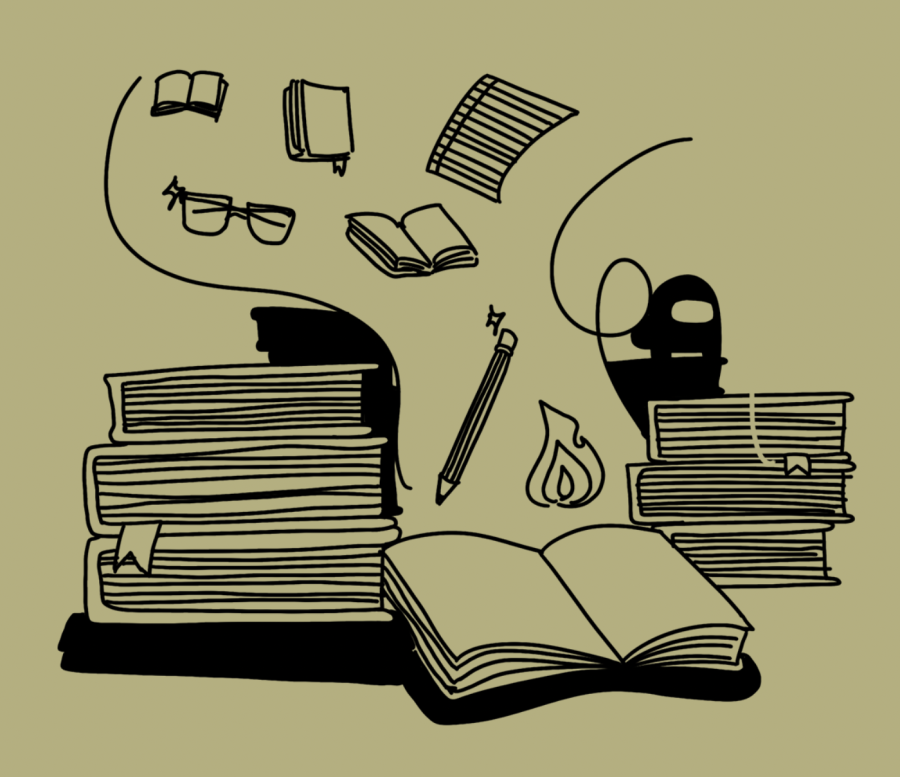AP English Literature and Composition
The Advanced Placement (AP) English Literature and Composition course focuses on reading, writing and analysis in literature for students in their senior year. The exam involves a multiple choice section and a free response section. According to AP Literature teacher Diane Ichikawa, various skills are emphasized and built upon over the duration of the class. “[First semester,] we read books and interpret those books, having a lot of in-depth questions,” she said. “Through the second semester, there’s a two-month period for which there will always be a weekly in-class writing essay.”
Ichikawa advises practicing for the multiple choice section of the exam beforehand. “All of the AP English teachers have old exams,” she said. “Students can start understanding what types of questions there going to be.”
AP Literature teacher Paul Dunlap suggests that students have their own books to mark notes. Additionally, he recommends referencing the MLA Handbook and “Warriner’s Complete Course of English Grammar” by John Warriner, for grammar practice. AP Central is another resource available for students.
Alumni Kelly Mou, who took AP English Literature and Composition, strongly opposes SparkNotes but recommends using Purdue Owl for finding citations. She also advises research behind the scenes. “I recommend looking up historical information on the events that are happening [to understand] the author’s backstory and the time period the story is set in,” Mou said.
Discussions, requiring students to read, think and share, play an important role in the course. “The time spent thinking is never wasted—it helps you be a better thinker,” Dunlap said. “Even if the end result is ‘I’m more confused,’ you still spent that time thinking.”
According to AP Literature teacher Kate Weymouth’s experience, success in English class relies heavily on students completing the assigned reading. “Don’t do it when you’re exhausted,” she said. “Reading more actively and recording your thoughts will mean you’ll read more deeply, have richer discussions [and] be in a better position [to succeed].”
According to Mou, reading at a balanced pace is important. “For reading, the most important thing is to space out your reading,” she said. “You don’t want to turn all the pages in at 2 a.m. before class starts—that’s not very efficient.”
Writing is also a major component of the class, and Mou suggests that students focus on a topic they’re passionate about. “You can write to get points, but also go look for things that interest you,” Mou said.
AP Literature teacher Mark Hernandez believes the importance is for students to engage. “For the most part, just come to class, pay attention and we’ll take you through the skills that are necessary,” he said.

